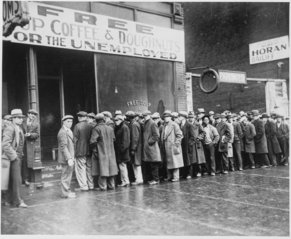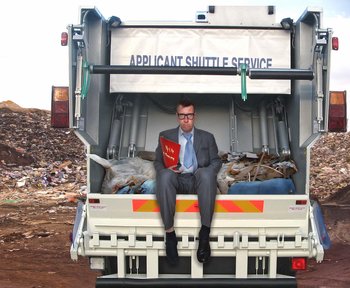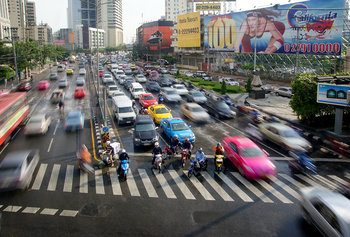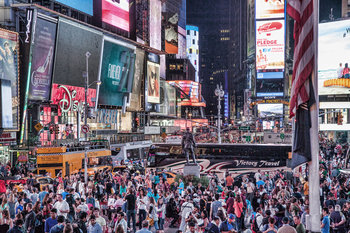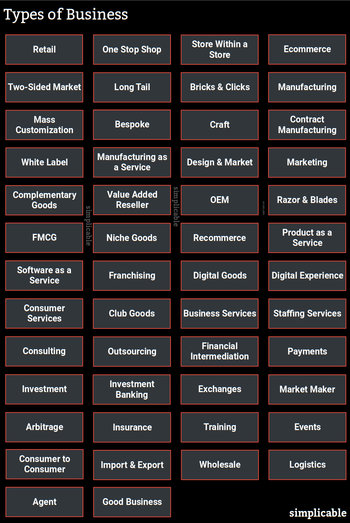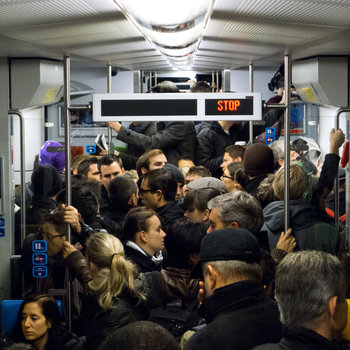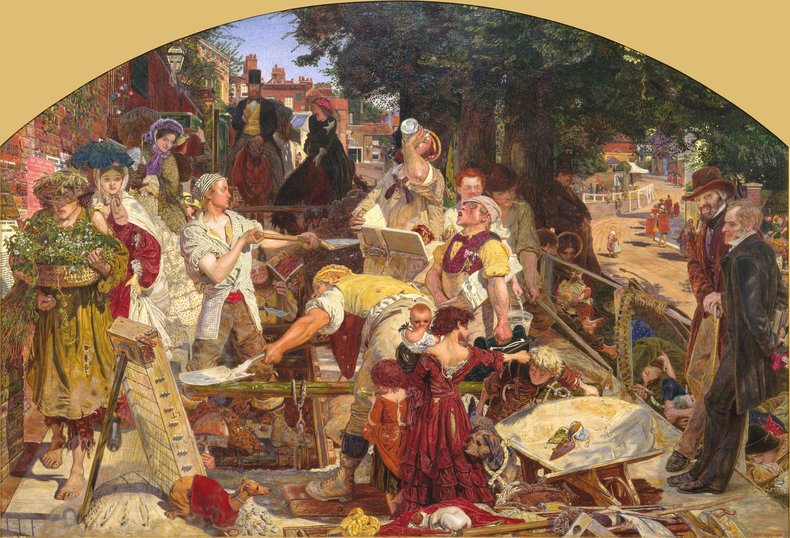
Frictional Unemployment
Frictional employment is a term for people who are between jobs. This is the reason that unemployment never falls to zero as in a completely healthy economy people will still take time to find a job and may be unemployed during these transitions.Cyclical Unemployment
Unemployment caused by a temporary economic problem such as a recession.Structural Unemployment
Structural unemployment is a long term problem at the level of a society, region or city that causes unemployment.Underdevelopment
A type of structural unemployment whereby a society and economy aren't developed enough to create enough jobs for everyone who wants one.Infrastructure Shortfall
A type of underdevelopment and structural unemployment whereby a society or region doesn't have enough infrastructure to support full employment. This includes hard infrastructure such as roads and soft infrastructure such as hospitals.Skill Shortfall
Structural unemployment based on a shortfall of the requisite talent, knowledge and skills. This occurs where a large number of jobs go unfilled despite a high unemployment rate due to a lack of qualified candidates. This is due to issues such as an education system that isn't aligned to economic needs.Economic Change
Economic change such as the knowledge economy, service economy, technological change, automation and shifting consumer demand. This is often the root cause of a skill shortfall as new skills are required as the economy shifts. As an economy advances it doesn't typically create less jobs but creates different jobs such that employees may need to adapt during their career to stay employed.Discrimination
Discrimination whereby qualified candidates aren't hired due to racism or some other unfair bias.Hiring Quotas
A meritocracy would tend to maximize employment whereby the best candidate is hired for each job. Where employers are constrained to hire people based on identity factors, the labor market will be less efficient whereby qualified candidates may remain unemployed due to their identity.Employment Regulations
Regulations can massively increase the unemployment rate by increasing the burdens on employers. For example, laws that make it difficult to fire employees with low performance or to layoff employees in a downturn. Regulations tend to impact small businesses far more than larger firms. It is also common for small businesses to collectively employ more people than large firms.Economic Burdens
Burdens placed on employers or employees that suppress employment. For example, a high tax rate would tend to suppress both business and incentives to work.Economic Exclusion
Stigmatization of people based on factors such as a criminal record, tattoos or age such that large segments of a society find it more difficult to find work.Global Competition
Economic change and realities driven by global competition. For example, a firm that can't offer high wages because they are competing with firms with a lower cost base. This may not be attractive to local job candidates such that jobs go unfilled.High Wages
High wages driven by things such as a high minimum wage, union contract or candidate expectations. Firms will complain that a high minimum wage prevents them from hiring. In many cases, this may be true. However, high wages force firms to hire into highly productive positions such that this would tend to make your economy more advanced over time.Low Wages / Sticky Wages
Wages that are too low to attract candidates. This may be caused by sticky wages whereby firms are slow to increase pay where they can't attract employees.Voluntary Unemployment
Voluntary unemployment is a situation where jobs are available that nobody will take. The workforce has ambitions beyond just getting a job -- they may want a job that is fulfilling and rewarding. This would tend to greatly increase the unemployment rate as workers compete for jobs that are perceived as fulfilling but ignore positions that are regarded as toil. As a society becomes more advanced, it may become more difficult to fill unpopular jobs even when unemployment is reasonable high.| Overview: Unemployment | ||
Type | ||
Definition (1) | A person who is actively seeking work who is currently not working. | |
Definition (2) | The occupation of seeking employment. | |
Related Concepts | ||



